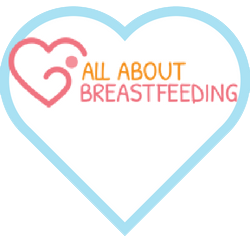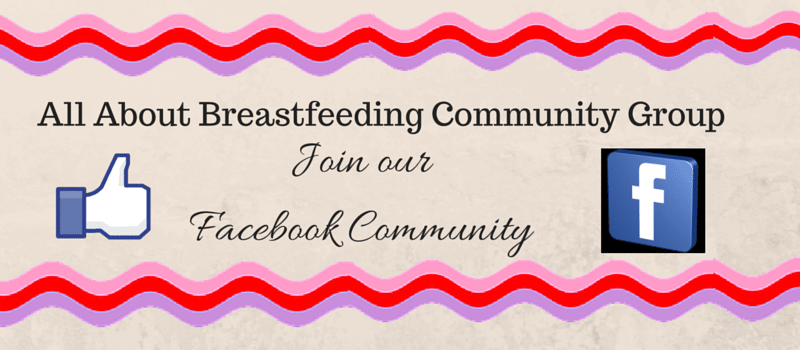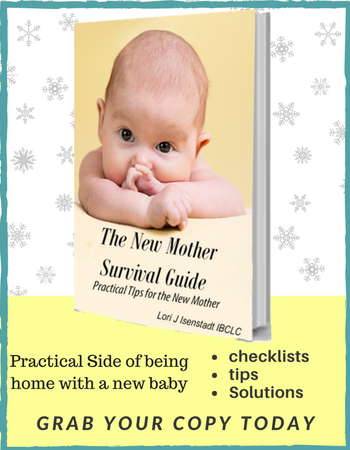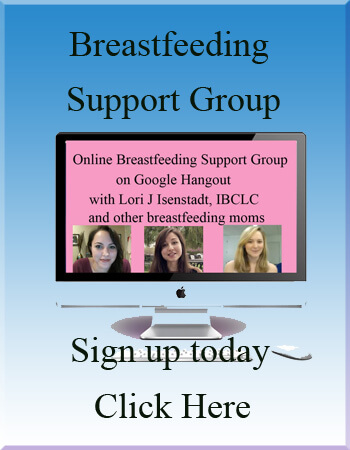
Listen Here
Welcome to All About Breastfeeding Podcast Page
Here You Will Find Access to All My Podcasts
Alia
Her Story.
Her Bio:
Alia Macrina Heise has been working in the field of lactation since 2004. Her most notable publication, D-MER: A Case Study, was co-authored with Diane Wiessinger and appeared in the International Breastfeeding Journal. Alia is considered to be the first authority on dysphoric milk ejection reflex and she has been speaking about D-MER since it was first named and defined in 2008. Not only a former sufferer of the lactation anomaly herself, she is also the webmaster of d-mer.org and an active author and speaker on the subject. She works closely with mothers around the world who are suffering with the condition in order to support them and to better understand the variance of the experience. She is also in frequent contact with other professionals in order to spread awareness and to support further research and investigation into the subject. Outside of her work with D-MER, she is also in private practice as an IBCLC in the Finger Lakes region of New York. She lives in a small rural town where she enjoys country living with her three children.
Her Background:
Alia lives in a small rural community in a tiny town with a population of 2500.
While she is a nice drive away from a larger town, she enjoys country living with her 3 kids. They are 10, 13 and 16 years old and are good kids.
Preparing for breastfeeding:
She Took a class at the local hospital. Her mom did breastfeed Alia and her siblings. She purchased a few books and as a very young mother went into it with a positive attitude. Breastfeeding her first 2 babies went fairly well. With her first baby, she did experience some early challenges. She was following a specific schedule she had been given and noticed that her baby kept falling asleep at the breast. Because she felt she should be staying awake and feeding for “x” amount of minutes, she worked hard to keep her awake. She worried that she was not getting enough. At about a few weeks postpartum she did have a visit with a Lactation Consultant. A pre and post feed that lasted about 5 minutes, showed that her baby was getting 4 oz in that time period. At this point, she realized that she had an oversupply of milk.
With her second, breastfeeding went much more smoothly because she had an idea of what to expect. She was living outside Philadelphia at that time and she attended a Peer Breastfeeding Program and soon joined as a Peer Counselor.
Baby #3
This was going to be the perfect experience. She planned a homebirth and it went really well, no intervention and no complications. She was planning on experiencing an extended babymoon and people were helpful with food and household help.
A few weeks postpartum, she started feeling intense negative emotional drop that would hit her in the pit of her stomach. The whole world went black and everything seemed wrong. Within a few minutes the feelings would leave her and everything seemed fine. This happened many times a day. She tried searching the internet trying to find out answers. There was a thread titled: Only when breastfeeding, under a ppd board. She did not open up that thread because it was under the heading of ppd. She finally decided to read it and this mother described the same exact emotional experience she was having.
This mom thought that this seemed to be connected to letdown. Now Alia began to connect this to letdown and realized that she had not previously connecting to it because she had multiple letdowns a day.
At this time, there was no information on this topic. This mom was just telling how she felt, but did not have any answers or reasons or a name for it. She did find many other moms who were experiencing similar sensations so at this point, at least she knew that she was not alone.
Alia commented that We have done such a good job of increasing breastfeeding rates that when it comes time to talk about the difficulties around it, it can be quite tricky.
D-MER:
Dysphoric milk ejection reflex – negative emotions connected to the milk ejection reflex also called milk release/letdown) Unknown how many mothers this affects. She coined the term along with other researchers. This was about 10 years ago so the research is still in its infancy.
There is no known predisposition to this condition as far as medical history, mental health history, history of anxiety or depressions. There is no common link they have found at this point.
This is not something pregnant woman should fear. If she does end up having D-MER during breastfeeding, she can now find information and learn that it is physiological not psychological. She would batter herself and feel like she had done something wrong. Having this negative emotional experience, and you want to, of course, fix it. Having the information allows mothers to realize that this is completely, chemically and hormonally connected to the milk release. There is nothing to fix, they just realize that They need to have to get through it.
They have learned that it may be caused by Dopamine levels that are acting inappropriately.
While there are steps you can take to reduce the symptoms, there is no cure.
Common sensations and emotions mothers have:
There are 3 categories that D-MER symptoms seem to fall into:
Depressive feelings –
Anxiety spectrum
agitation or anger experience –
Once the emotional experience is set in a D-MER experience it will continue.
Alia’s personal experience:
She would use the word guilt to describe how she felt at the time. Her emotional intelligence and category has increased since she got older. The words she used back then were Childhood shame. I have done something bad. I am not good enough.
Guilt and overwhelming despair. The feelings are self-directed. Not at other children, husband, the rest of the world mostly introspection.
The more severe the D-MER is, the more likely you are to feel it with even less intense letdowns. So she would feel the emotional waves off and on throughout a whole feeding as she had subsequent letdowns.
How did this affect her mothering her other children:
This definitely affected those around her because she knows she had less emotional resources to give to her family as she tried to cope with the emotional experiences.
What coping techniques did she find helpful?
Alia says that she did find a little bit of relief near the end of her breastfeeding experience. She was a bit of a guinea pig while working with lactation consultants. Once they realized that it was most likely dopamine mediated, they looked into natural remedies that would nudge the dopamine and drop the levels a little bit.
Alia breastfed for 3 1/ 2 years old and it was basically baby led. She had D-MER right up until her daughter was 2 1/2 years. It was not as intense as when she was a baby and she had a lot of milk. She kept breastfeeding because she was determined to persevere.
She said that she found a bit of relief, but for the most part it was pure stubbornness that got her through.
Working in the field of lactation, being around other IBCLCs, being with Diane Weissinger and around the research also helped her persevere. Feeling well supported and finding purpose to help not only herself but other mothers also. By the time her daughter was a y ear old she had been in touch with over a few hundred mothers and she knew she was far from alone and knew she wanted to help other mothers.
There was much in common: The timing, the suddenness, the waves that don’t last that long. feeling despondent, depressed, hopelessness, anxious, pit in their stomach.
Can you imagine sitting down and breastfeeding your baby and rather then feel calm and relaxed, you feel dread and such a lonely experience.
Alia and her research:
She has all of her information on her page: D-Mer.org
Once there, you will find handouts in multiple languages. They are for support people, moms and professionals. There are Links to her Facebook page and Facebook support group for moms that she moderates.
Alia has written her book which is largely based on all the questions that she has been asked about D-MER over the years.
Field of lactation – continuing education a conference she recorded online at ilactation.
Focus right now is support and education.
You can get the link to her presentation from website
Alia strongly urges moms to be sure they take care of their own health. Self-care can play an important role in not exacerbating the symptoms. She feels that education, validation and support are important factors as well as acknoweldgement of what she is going through and validation for what she is going through. This support can help reduce the D-MER.
Purchase her book:
The book, Before The Letdown: Dysphoric Milk Ejection Reflex and the Breastfeeding Mother, is now available for purchase on Amazon
What she commonly reads on the Facebook support page:
Thanks god I am not alone. I thought I was crazy. The most common sentiment that she finds moms posting on her Facebook Support Group.
She never tires from hearing this as she knows these moms are going to find answers and support.
Her Pearls of Wisdom:
Trust yourself and use your voice. She was told by Diane W. that she was: The girl who talked until somebody listened.
Contact Information:
info@d-mer.org
FaceBook: @DMERORG
Twitter: @DMERORG
Linkedin: www.linkedin.com/in/aliamacrinaheise

listen Now
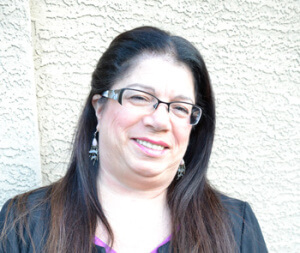 Lori Jill Isenstadt, IBCLC is a huge breastfeeding supporter. She has spent much of her adult life working in the maternal health field. Once she became turned on to birth and became a childbirth educator, there was no stopping her love of working with families during their childbearing years. Lori became a Birth doula and a Postpartum doula and soon became a lactation consultant. She has been helping moms and babies with breastfeeding for over 25 years. Lori founded her private practice, All About Breastfeeding where she meets with moms one on one to help solve their breastfeeding challenges. She is an international speaker, book author and the host of the popular itunes podcast, All About Breastfeeding, the place where the girls hang out. You can reach Lori by email at: aabreastfeeding@hotmail.com or contact her via her website: allaboutbreastfeeding.biz/contact
Lori Jill Isenstadt, IBCLC is a huge breastfeeding supporter. She has spent much of her adult life working in the maternal health field. Once she became turned on to birth and became a childbirth educator, there was no stopping her love of working with families during their childbearing years. Lori became a Birth doula and a Postpartum doula and soon became a lactation consultant. She has been helping moms and babies with breastfeeding for over 25 years. Lori founded her private practice, All About Breastfeeding where she meets with moms one on one to help solve their breastfeeding challenges. She is an international speaker, book author and the host of the popular itunes podcast, All About Breastfeeding, the place where the girls hang out. You can reach Lori by email at: aabreastfeeding@hotmail.com or contact her via her website: allaboutbreastfeeding.biz/contact Submit a comment
your email address will not be published
